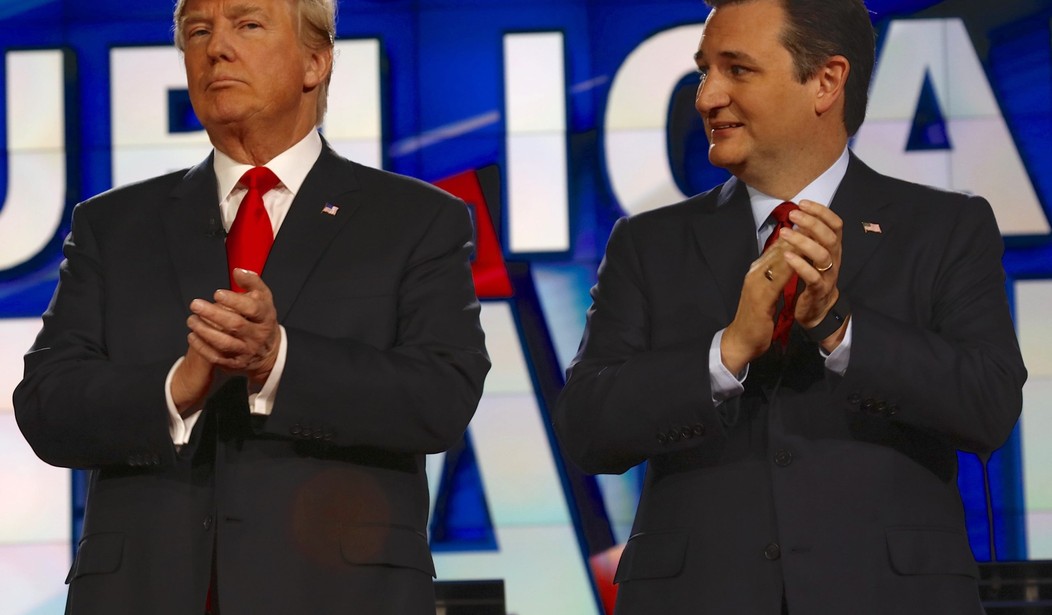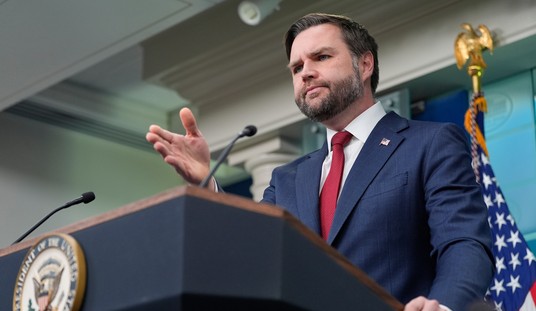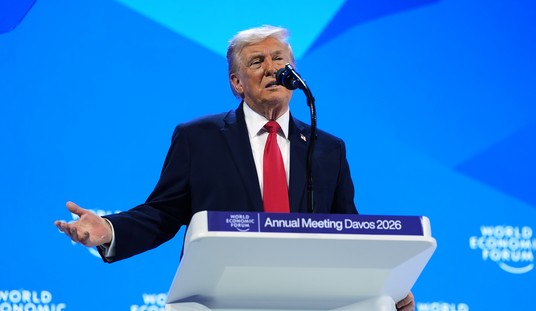According to many New York Republicans (meaning: moderate liberals) the candidate with the most delegates when the convention starts should get the nomination, even if that candidate doesn’t clear the threshold of 1237 delegates required to actually win this thing outright.
Although that may sound great to those who support Trump (it’s funny how only those who have supported or at least tolerated Trump from day one repeat this talking point over and over; you’d almost think they have an agenda), it’s nonsense.
The fact of the matter is that a candidate needs 1237 delegates to win the nomination. When a candidate doesn’t get 1237 delegates in the first round of voting, the delegates can go back to the drawing table, and choose another candidate if they so wish. If 1237 delegates decide to throw their support behind Ted Cruz in the second round of voting, that’s not merely “legal,” it’s fair.
After all, if Donald Trump doesn’t get to 1237 delegates beforehand, the fact is that he just couldn’t close the deal, which he pretends is his main strength. Well, apparently it isn’t. Every other frontrunner would’ve locked this thing up already; Trump hasn’t. The reason? He’s just not a very strong frontrunner. He’s faced with too much opposition.
The delegates have to take that into account. They also have to ask themselves: Which candidate can unite the party in November? Can Trump, a man with incredibly high negatives and who was unable to close the deal on top of that? Many will conclude that no, he can’t.
Obviously, one can say the same about Cruz, but there’s one major difference. Cruz was never the frontrunner. It was never “his to win.” This means that he didn’t get the consideration Trump got. What’s more, he didn’t get close to the media attention Trump received; Trump was pushed forward by Fox News to a degree we’ve never before seen. If he falls short of the magic number of 1237 despite this free media, nobody owes it to him to hand him the nomination.
If he falls short of the required amount of delegates, that’s his loss. After that it’s an open race.
What’s more, although Trump backers like to brag about how Trump received more votes than any other candidate thus far, he hasn’t received more than 50%, and he won’t either. It’s not even almost “the people vs. the delegates,” as my esteemed colleague Roger L. Simon writes. It’s “a minority of Republican voters against the majority.” And guess what? That majority can unite behind whatever candidate they wish, either now or after the first round of voting at the convention.
If Trump supporters don’t like that, I suggest they look at history: one of the Republican Party’s best presidents ever, Abraham Lincoln. He was not the favorite going in to the convention, but won in the third round of voting. If that was good enough for Honest Abe, it’s good enough for the current crop of Republican candidates.









Join the conversation as a VIP Member